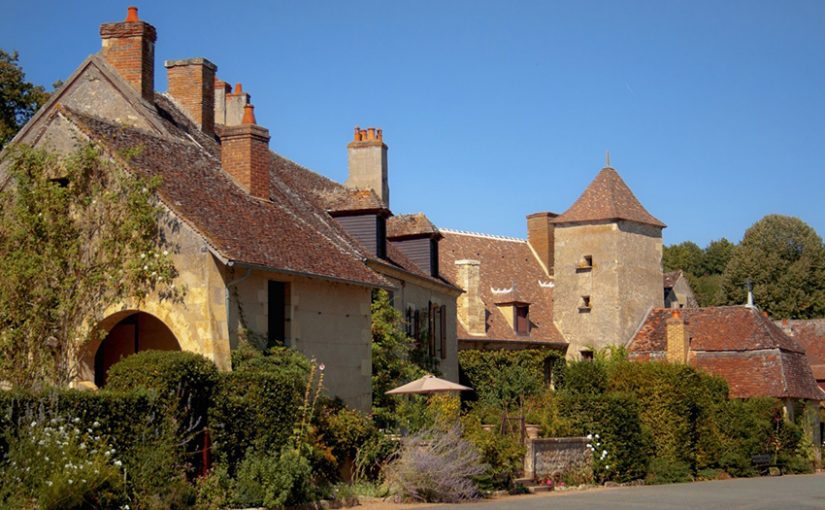A combination of stagnant wages, lack of labour reform, rising taxes and low economic growth meant France’s property market took quite a while to recover from the world-wide economic crisis and banking crash of 2007. However, now that recovery is here at long last, many regions are seeing house prices go up in leaps and bounds.
In part this is being fuelled by greater optimism, now that a new political party and president are in charge. But its demand is also rising because of Brexit. Since the UK decided to leave the European Union in March 2019, worried Brits hoping to retire to France have been bringing their plans forward to buy a home. Even Brexiteers who campaigned loudly on behalf of the LEAVE vote in 2016 are now flocking to Paris to buy an apartment – just in case it all goes horribly, horribly wrong across the Channel.
Report by Notaires de France shows House Price Gains in nearly all Parts of France for Q1 2017
Almost all parts of France recorded significant house price gains in the first quarter of this year. A few, such as Toulouse and Montpellier in the south of the country, did see a slump with 4.6% and 7.3% respectively, bringing the average house price down to between 259,000 and 287,500 euros.
But in Nantes house prices rose by 6.6%, now costing 260,000 euros on average. In Bordeaux, prices escalated, rising by 8.7% to 287,500 euros for the average property. Strasbourg, Nancy and Lille also saw price rises of between 5% and 10%. In Greater Paris house prices increased by 2.1% overall, now costing on average just under 300,000 euros, helped no doubt by those fleeing post-Brexit Britain well ahead of time.
By category, over the twelve month period French apartment prices rose by 3.2%, and house values increased by 2.3%, compared to the same 12 month period in 2016.
New builds and new housing developments head the trend, while older style apartments and houses are falling in price and demand – understandably, when demand for French property is partly driven by UK pensioners, who don’t want to take on a renovation project. London-based insurers, banks and other financial service companies are also in the process of moving their European headquarters to Paris, Dublin and Frankfurt, and this has already had an impact on real estate prices in those cities. Their employees are making advance purchases of residential properties, wherever possible, while the financial service providers are taking on long-term leases or buying office blocks.
According to the Global Property Guide, property prices in Paris rose for three consecutive quarters in 2016, which means they have now risen steadily for a full year. By the end of 2016, apartment prices in Paris stood at an average of 8,100 euros per square metre, according to La Chambre des Notaires de Paris, the Chamber of Notaries of Paris. Now may be a good time to buy, because post-Brexit prices for Greater Paris apartments and houses may well be significantly higher than they are now.
Author: Maria Thermann on behalf of Propertyshowrooms.com. Maria Thermann is a bilingual freelance copywriter, editor and author
Reference: http://bit.ly/2h56BLO

